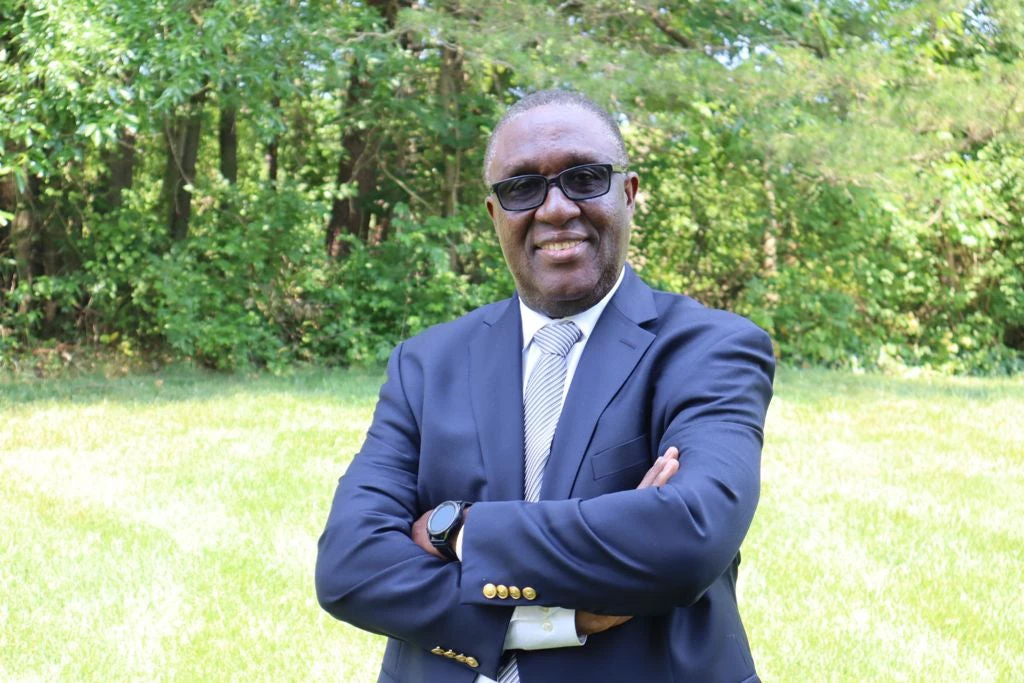 Photo: Dorte Verner
Photo: Dorte Verner
Russia’s invasion of Ukraine is destroying lives, homes, and infrastructure, as well as causing a humanitarian crisis in the country, which will exacerbate global food insecurity resulting in a catastrophe “beyond anything we have seen since World War II” warned David Beasley, Executive Director of the United Nations World Food Program (WFP).
Russia and Ukraine are among the world’s most important suppliers of key staples and fertilizers. Due to the highly integrated nature of these markets, people thousands of kilometers away from the battleground are suffering from the war’s implications. By causing disruptions in the supply of these commodities, the war is driving up food and fertilizer prices.
Russia and Ukraine are two of the world’s major grain baskets. Together they provide some 25% the world’s cereals. Nearly 50 countries depend on Russia and Ukraine for at least 30% of their wheat import and, of these, 36 countries source over 50% of their wheat from the two countries. Due to (anticipated) shortages in supply following Russia’s invasion, global wheat and maize prices skyrocketed and are respectively at 48 and 28% higher than in early February (before the outbreak of the war), and 79 and 37% higher than the year before. Higher global food prices will directly translate to domestic food price inflation, especially in food import dependent countries, limiting the ability of people to afford their food.
Further compounding this situation is the fact that Russia is the world’s top exporter of nitrogen fertilizers and second most important supplier of both potassic and phosphorus fertilizers. Fertilizer prices increased substantially since the war broke out, moving along with sharply increased gas prices. These increased prices pose a significant risk to agriculture production around the globe. Higher input costs will either be passed directly on to consumers or result in lower input use, leading to reduced quantity of harvests. Either way, the soaring costs of fertilizers will negatively impact food accessibility, and therefore, food security in the upcoming months.
West Africa and the Sahel region will be particularly affected by the war in Ukraine. Due to the region’s high dependency on food imports, the looming global food crisis will hit the region hard and will further deteriorate food security , especially for the poor. Local prices for rice, wheat, oil, sugar, and other processed imports have already risen between 20 to 50% in different countries of the region. The WFP predicts that in West Africa 7 to 10 million additional people could become food insecure due to the war’s implications. Even before the conflict started, the food insecurity predictions for the West Africa and the Sahel region were disturbing. The region is facing a food and nutrition crisis in its third consecutive year with 33.4 million people expected to be in need of food assistance from June to August 2022. The region’s high incidence of food insecurity is rooted in a combination of structural challenges—such as fragility, high levels of poverty, climate change, and environmental degradation—as well as low agricultural productivity. The successive waves of the COVID-19 pandemic and associated impacts on supply chains have worsened the food security situation in the region.
"The World Bank is both providing crisis relief helping those in immediate need while simultaneously tackling structural challenges making food systems more resilient to shocks."
The region’s countries will need assistance to respond to the crisis. However, it is far from certain that the much-needed support will materialize in the required volume and speed. The war in Ukraine both raises the costs of food assistance, limiting the ability of international organizations and NGOs to provide food aid, and creates competing spending priorities for donor governments. Countries, especially in Europe, are under pressure to simultaneously support Ukraine and Ukrainian refugees, protect their own population from the impacts of inflation, and improve domestic security. The involved fiscal trade-offs, as well as the expected lower economic growth rates, may reduce the availability of funds for development and humanitarian assistance just at a moment when funding would need to increase drastically.
The World Bank, together with its partners, including the WFP and the Food and Agriculture Organization, remains committed to support the region in its fight against food insecurity. Ousmane Diagana, Vice President Western and Central Africa, highlights: “the World Bank is both providing crisis relief helping those in immediate need while simultaneously tackling structural challenges making food systems more resilient to shocks.”
“This dual approach is the only pathway to fulfill our humanitarian obligation, as well as sustainably reduce the number of food insecure people and ensure long-term development” added Simeon K. Ehui, West Africa Sustainable Development Regional Director.
One flagship program of the World Bank providing both short-term support and long-term investments is the West Africa Food System Resilience Program. By applying a food system approach, as promoted at the UN Food System Summit, the USD 700+ million program will contribute to transform West African food systems making them more resilient. It will help West Africa and the Sahel region to cushion the war’s impact, as it enables governments to provide emergency assistance to their populations, e.g., through the ECOWAS Regional Food Security Reserve, and invest in resilience-enhancing activities. These include, for example, the promotion of intra-regional food trade with the objective to lower the region’s dependence on food imports. Since the last food crisis, the World Bank has already significantly scaled up its financial support to fight hunger and malnutrition world-wide from USD 4.1 billion in 2006/2007 to USD 17.3 billion projected for the fiscal year 2021-2022.




Join the Conversation